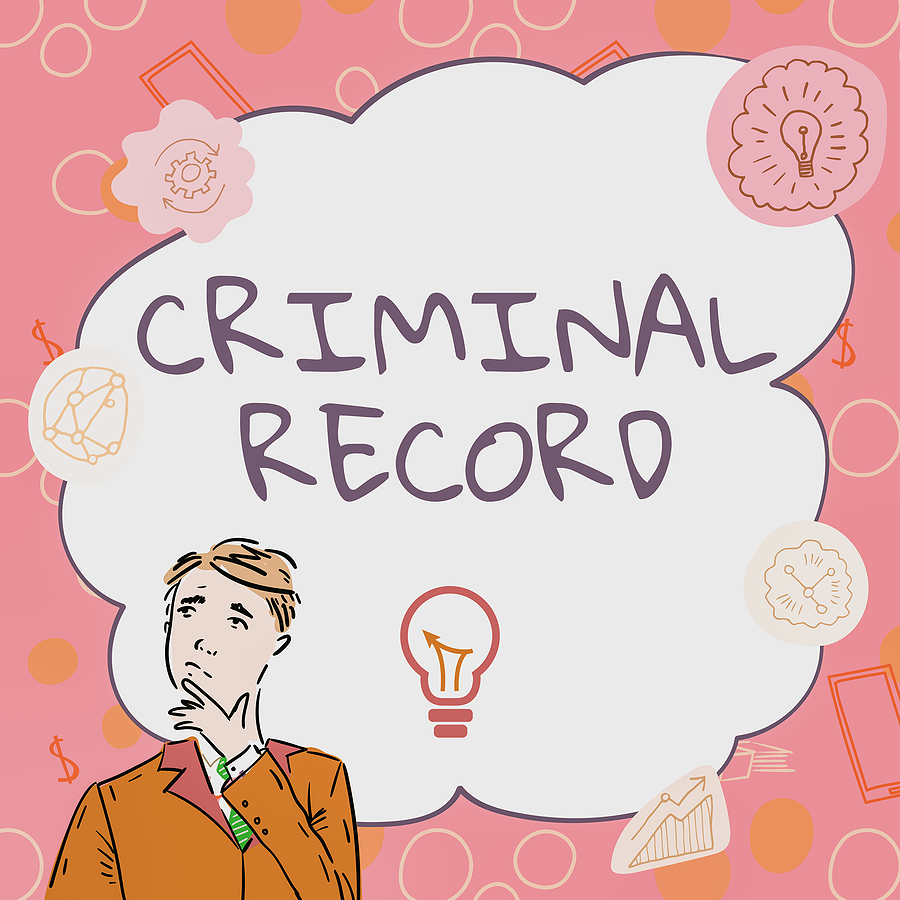Having a criminal record can be an obstacle to finding employment, getting a loan, and even renting an apartment. But it doesn’t have to be the end of your story. Depending on the charges and your state laws, you may be able to clear your criminal history and start over with a clean slate. Through expungement or sealing of records, you can get rid of most of the evidence that you ever had any legal trouble at all. This guide will explain what types of crimes are eligible for expungement as well as how to go about clearing your criminal history in order to start fresh and move forward with confidence.

A Brief Guide to Criminal Record Clean Up
What is Criminal Record Expungement?
Criminal record expungement, also known as record sealing or removal of records, is a legal process that allows you to remove most evidence of your criminal past from public view. This means that the general public, including potential employers and landlords, won’t have access to this information. Depending on the severity of the crime and state laws, some criminal charges may not be eligible for expungement. However, in many cases you may be able to completely erase your mistake so that it cannot hold you back anymore.
Which Crimes Are Eligible for Expungement?
Eligibility for expungement varies by state but typically includes certain misdemeanors and felonies. Typical misdemeanors that may be expunged include theft, disorderly conduct, and minor drug charges. Eligible felonies usually involve nonviolent offenses such as drug possession or minor property crimes. However, violent crimes such as assault and battery, sexual offenses, and homicide are not eligible for expungement in most states.
Can You Expunge a Federal Crime?
It is extremely difficult to expunge a federal crime because these records are held by the FBI in Washington D.C., which makes them much harder to access than state records. Additionally, obtaining an expungement for a federal crime requires a lot of paperwork and time-consuming court hearings that may not even lead to success in the end. In some cases, you may be able to get a pardon from the president or have your sentence commuted instead of an expungement.
How Do You Clear Your Criminal History?
If you’re eligible for record expungement, the process typically involves filing a petition in court and waiting for a judge to grant the request. To increase your chances of success, it’s important that you provide all necessary documentation such as police reports and evidence that proves rehabilitation since the crime occurred. If granted, your criminal history will no longer appear on most background checks so potential employers and landlords won’t know about it.
Getting your criminal history cleared can give you a fresh start so that you don’t have to let your past mistakes define you. With the right legal assistance and a commitment to staying out of trouble, it is possible to clear your criminal history and start over with confidence.
In Conclusion
Starting fresh after making a mistake can be difficult but it isn’t impossible. With legal assistance and an understanding of state laws, you may be able to clear your criminal history through expungement or record sealing so that you don’t have to carry the burden of your past with you anymore. By taking action today, you can move forward with confidence knowing that your criminal records no longer stand in the way of success. Good luck on your journey towards a brighter future!
Are you ready to get started on your application for expungement in Indiana? Contact our Indianapolis Indiana criminal record expungement lawyers to learn how to begin your petition, today. Our expungement fees start as low as $850, and we never charge for initial consultations.
Related Posts:
What You Need to Know Before Applying for a Job with a Criminal Record
What are the Benefits of Working with a Professional Expungement Lawyer?
How to Remove a False Arrest From Your Indiana Criminal Record
